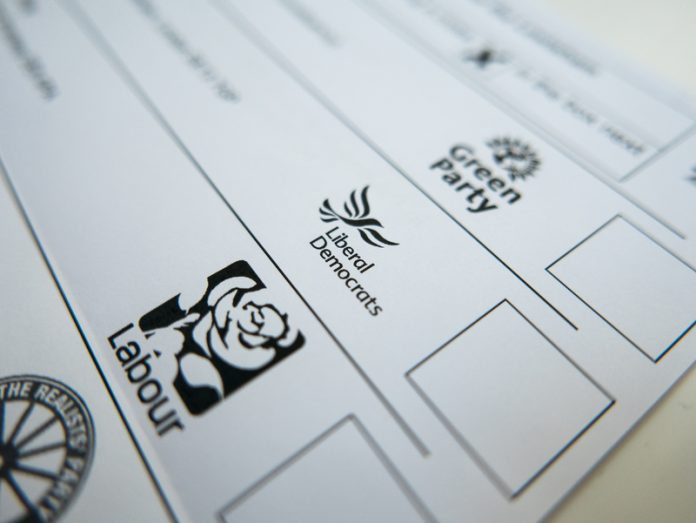Glen Ocsko, Head of Local Government, Made Tech, discusses how digitisation can revolutionise the local election voting process
On the 7th of May, people across the UK will be heading to the polls to cast their votes in the local elections. These elections have a huge say on how many cities, towns and communities will be organised and run over the next four years, impacting everything from public services to building regulations.
However, despite their importance, local elections are often not considered a priority by the public when compared to other democratic processes such as General Elections or referendums. This is reflected in voter turnout with, just over one in three registered voters taking part in the elections in 2018 and in some areas this was as low as one in four.
High voter turnout is important at any level of government, including local elections, both for ensuring our democratic processes are upheld and that as many people’s views as possible are represented. As such, we need to find ways of engaging the electorate and involving them in the democratic process.
To do this, all of us, from the Electoral Commission to local authorities themselves, need to broaden our horizons when it comes to thinking about how local elections are run and managed. Rather than sticking to the current, tried and tested voting processes, local elections should provide us with an opportunity to try new and alternative solutions that can make these more engaging, simpler and efficient in order to drive turnout.
Embrace digital processes
One way we can look to increase voter engagement is by embracing more digital processes. The current voting process of turning up to a polling station, queuing to reach a booth and using a pencil and paper to cast your vote is a time-consuming process that can put people off partaking in elections; especially during a pandemic where health and safety measures make this even longer. If we were to digitise this process by allowing the electorate to vote remotely via their phone or computer, or through technologies such as tablets at polling stations, this would make voting far more accessible and streamlined, while also helping ensure they are able to vote in a safe way. This increased accessibility would encourage more people to take part in local elections as they know that it will be quick and secure.
At the same time, the digitisation of local elections can be used to make voting more accessible to different communities. Britain is a diverse country made up of a wide range of people from different countries and backgrounds. For those that don’t speak English as their first language, or who have reading difficulties, the voting process can be challenging if they cannot read and understand ballot papers. Putting in place solutions such as listening tools or tablets that allow people to hear or read policies and vote in multiple different languages will empower different communities and individuals to take part in our democratic processes, ensuring their voices are heard and driving voter turnout.
2022 London Borough elections
What makes local elections the perfect test bed for this kind of digitisation is the frequency in which they occur, which means that different ideas and solutions can be tested regularly on a smaller scale to ensure they work. For example, in 2022 we have the London Borough elections, followed by district council elections in 2023, all of which are opportunities where technologies can be trialled and, if successful, then rolled out further and into bigger settings such as the General Election in 2024.
This doesn’t have to be idealistic; we have the technologies available and capability to make these reforms a reality and electoral bodies should look to engage with their digital partners to understand what solutions are available and how best to roll them out.
Democracy is when decisions are directly or indirectly decided by the people. As such, ensuring as many people as possible take part in our democratic processes, such as voting in local elections, is a vital part of ensuring our communities are governed as we want them to be. Through embracing digitisation and using local elections as an opportunity to try new solutions and processes, we can try and create more inclusive, engaging and efficient democratic processes, first at a local level, then across the whole of society.




![Europe’s housing crisis: A fundamental social right under pressure Run-down appartment building in southeast Europe set before a moody evening sky. High dynamic range photo. Please see my related collections... [url=search/lightbox/7431206][img]http://i161.photobucket.com/albums/t218/dave9296/Lightbox_Vetta.jpg[/img][/url]](https://www.openaccessgovernment.org/wp-content/uploads/2025/04/iStock-108309610-218x150.jpg)






